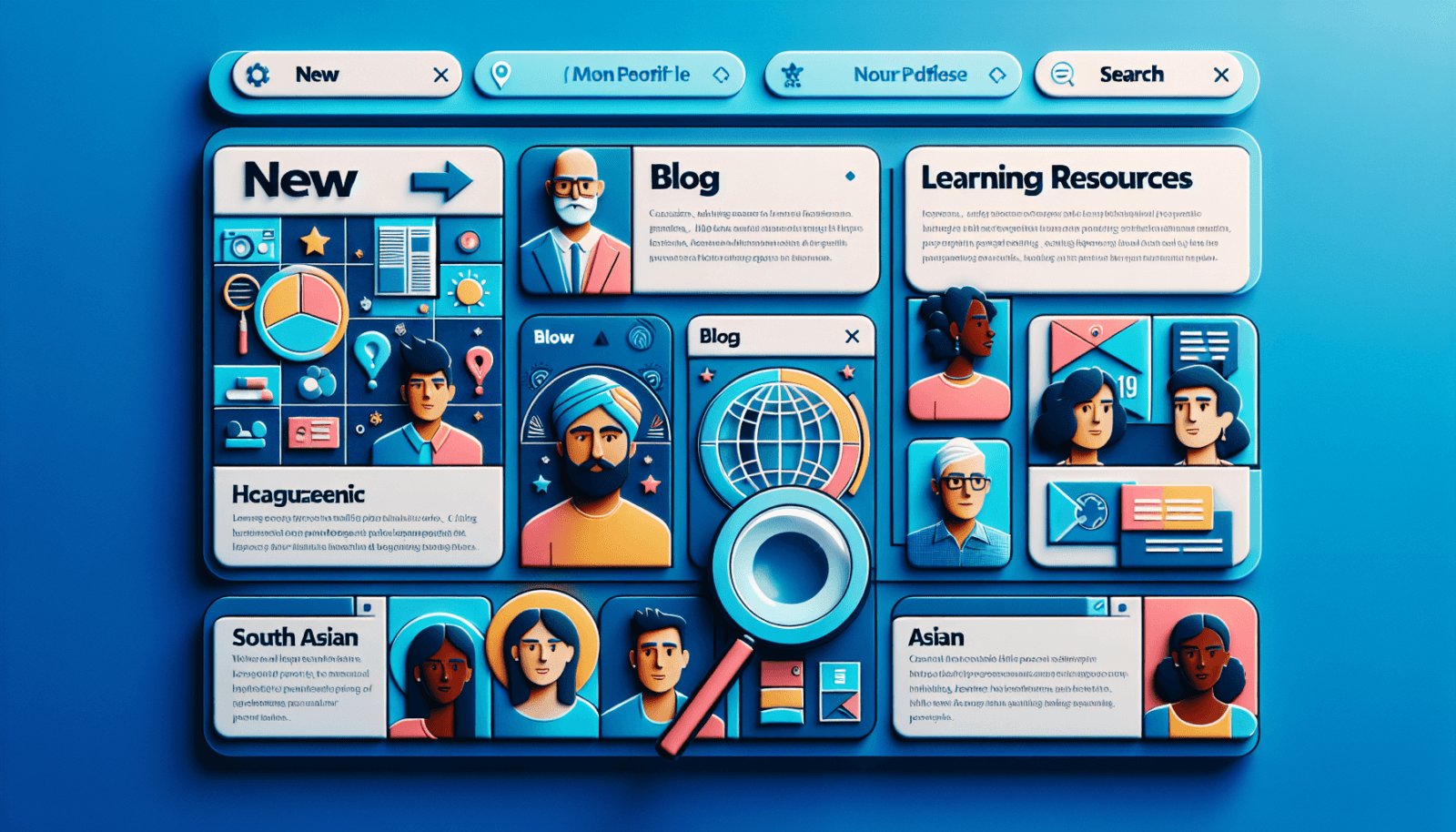The Power of the IA Website: Transforming Digital Business
" Explore the IA Site – your leading source of up-to-date information about artificial intelligence, technology and innovation. ”
Article Index
- Understanding the Importance of Site Information Architecture
- What is Information Architecture?
- Why is Information Architecture important?
- How to optimize your site's Information Architecture
- Understand your audience
- Organize information logically
- Use clear and descriptive labels
- Test and refine your AI
- Examples of success of Information Architecture
Understanding the Importance of IA Site Information Architecture
Information Architecture (I) from a website is a crucial component to ensure an effective user experience (UX). It refers to the structuring and organization of the information of a site so that users can easily understand and navigate. In this article, we will explore the importance of the AI site, how it can be optimized and examples of success.
What is Information Architecture?
A Information Architecture is the art and science of organizing and labeling information to support usability and searchability. In terms of a website, AI refers to structuring content in a logical and intuitive way.
Why is Information Architecture important?
AI is fundamental to the user experience. A well-designed AI allows users to find the information they are looking for quickly and without frustration. In addition, an effective AI can improve your site's visibility on search engines as search algorithms favor websites that are easy to navigate and understand.
How to optimize your site's Information Architecture
Understand your audience
To create an effective AI, you need to understand who your users are and what they expect to find on your site. This can be done through user surveys, data analysis and usability tests.
Organize information logically
The information on your site should be organized in a way that makes sense to your users. This usually means grouping together related information and creating a clear hierarchy of information.
Use clear and descriptive labels
The labels you use on your site should be clear and descriptive. They should help users understand what they will find if they click on a link or button.
Test and refine your AI
Finally, it is important to test your AI with real users to ensure it is intuitive and easy to use. This can be done through usability tests, where you observe users by browsing your site and ask for feedback on their experience.
Examples of success of Information Architecture
An example of AI success is the Amazon website. With millions of products available, Amazon uses an effective AI to help users find what they are looking for. They do this through a combination of clear navigation menus, descriptive labels and a powerful search engine.
Another example is the UK government website, which has been redesigned with a strong emphasis on AI. The site was organized around user needs, with logically grouped information and clear and descriptive labels. As a result, the site won several design and usability awards.
Information Architecture is a crucial component of user experience and can have a significant impact on the effectiveness of your website. By understanding your audience, organizing information logically, using clear and descriptive labels and testing and refining your AI, you can create a website that is easy to use and meets the needs of your users.














Post Comment